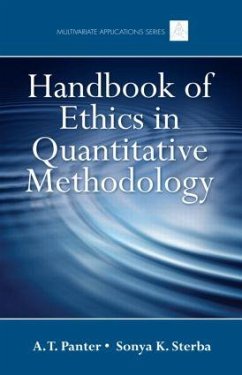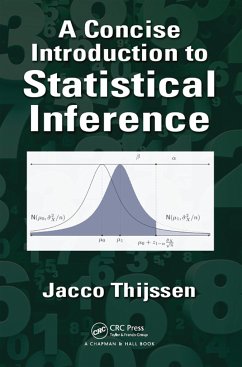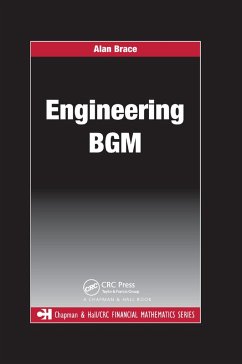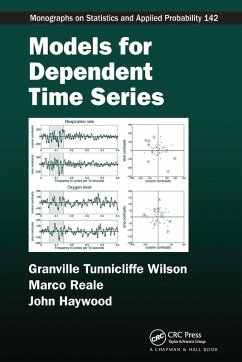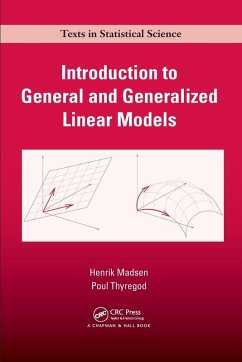
Informative Hypotheses
Theory and Practice for Behavioral and Social Scientists
Versandkostenfrei!
Versandfertig in 1-2 Wochen
82,99 €
inkl. MwSt.
Weitere Ausgaben:

PAYBACK Punkte
41 °P sammeln!
This detailed book discusses the evaluation of behavioral and social science hypotheses that are more informative than traditional null and alternative hypotheses. Requiring a minimal prerequisite knowledge of multivariate statistics, such as regression and ANOVA, it provides relevant information for those doing active research in the social and behavioral sciences. Informative Hypotheses: Theory and Practice for Behavioral and Social Scientists considers Bayesian and classical approaches and pays considerable attention to sample size determination. Software is available for all functions disc...
This detailed book discusses the evaluation of behavioral and social science hypotheses that are more informative than traditional null and alternative hypotheses. Requiring a minimal prerequisite knowledge of multivariate statistics, such as regression and ANOVA, it provides relevant information for those doing active research in the social and behavioral sciences. Informative Hypotheses: Theory and Practice for Behavioral and Social Scientists considers Bayesian and classical approaches and pays considerable attention to sample size determination. Software is available for all functions discussed in the book.





